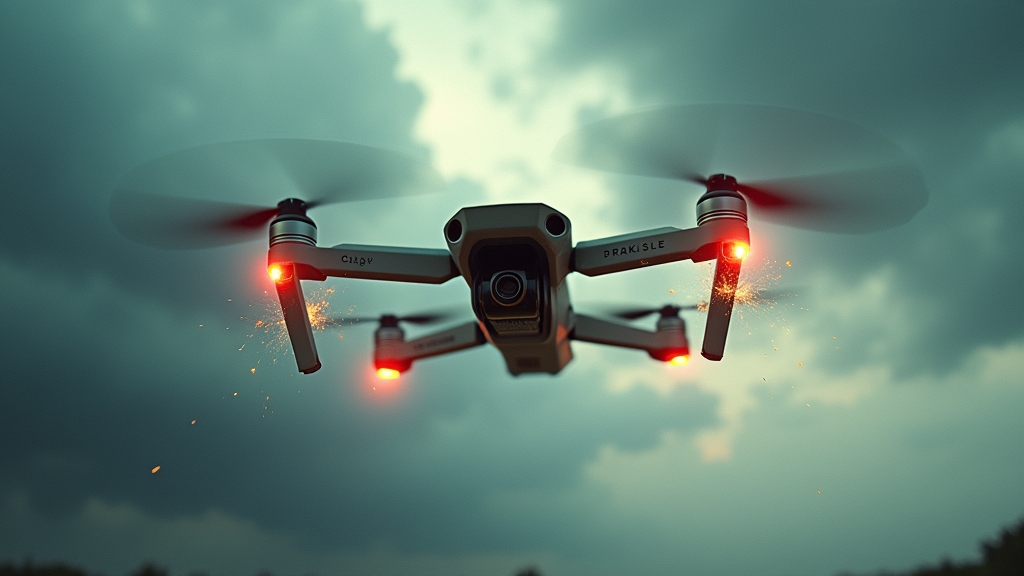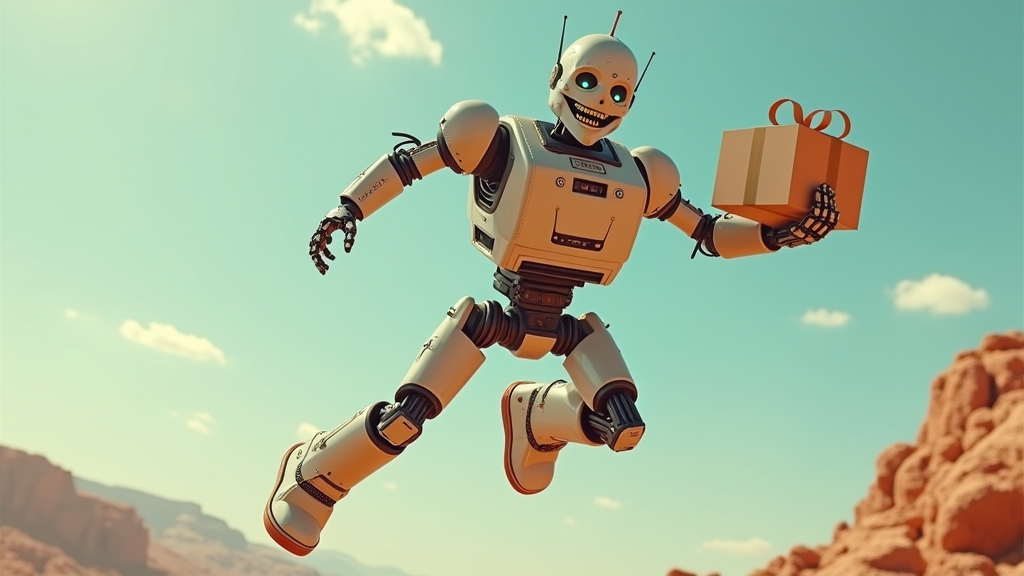OpenAI’s Lovably Inept Robot Finally Advances to “I-Have-No-Idea-What-I’m-Doing” Level
In a groundbreaking revelation that has left both scientists and laymen equally puzzled, OpenAI’s Chief Conjurer Sam Altman triumphantly announced that their latest mechanized marvel, o1, has officially attained “Level 2” status on their imaginary hierarchy of “Robots With Feelings.” According to Altman, o1 has now evolved from making slightly educated guesses to crafting slightly more educated guesses, setting it on a fast track toward becoming a quasi-sentient being – or at least a really snazzy fortune cookie dispenser.
“It’s an exciting time for AI,” Altman gleefully claimed while ceremoniously bestowing the coveted second-level badge on o1’s virtual lapel during T-Mobile’s Capital Markets Day. “With advanced reasoning capabilities, o1 can now solve complex problems like asking why the chicken crossed the road without requiring a pre-programmed response,” he added. Analysts speculate that Level 1 presumably involved mastering the ability to differentiate between a potato and a tomato—an achievement that took only several million dollars in research.
Describing o1’s quantum leap in prowess, Altman nostalgically compared it to the fabled “GPT-2 stage,” a time in AI history when machines first learned the valuable skill of ruining an ordinary text conversation by awkwardly suggesting related but contextually inappropriate Wikipedia articles. “This is just the beginning, folks,” Altman chortled. “Think of o1 as your annoying sibling who went to college and suddenly thinks they’re smarter than you.”
Despite their high hopes, OpenAI is startlingly secretive about what Level 3 entails, mainly because they’re still debating whether it involves the AI reciting Shakespeare or ordering pizzas based on mood analysis. “Relatively quickly” are the exact words of motivational gold Altman dropped regarding the upgrade timeline to Level 3. Experts were left to wonder if this ambitious road map involved more rigorous testing or just switching it off and on again.
In the grand tradition of corporate-tech optimism, Altman also hinted that the progression from merely baffling to totally perplexing AI systems might be “relatively faster” nowadays, mostly because modern technology allows them to make mistakes much quicker. “Soon,” Altman theorized with alarming confidence, “it’ll only be a couple of months before our AIs mistake interpretive dance for diplomacy and declare peace negotiations with Siri.”
With aspirations soaring higher than a caffeine-fueled drone at a tech expo, OpenAI’s o1 continues its sloth-like ascent up the ranks of digital consciousness. In the meantime, stakeholders and skeptics alike eagerly await the day when the bungling box of circuits becomes not only an advisor to world leaders but also a candidate for replacing your therapy cat. Until then, humanity stands prepared for the delightful chaos that Level 3 may bestow—whatever that turns out to be.





